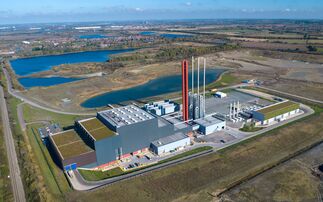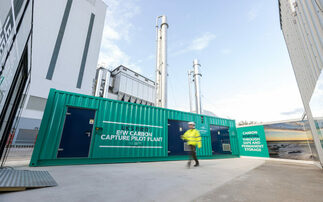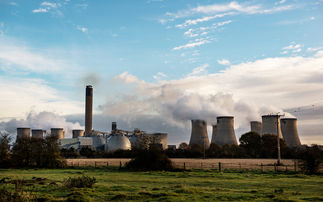Can the mining and metals industry offer much of the expertise needed to tackle climate change?
The global mining industry is a significant contributor of energy-related greenhouse gas (GHG) emissions. New research, presented by the International Council on Mining and Metals (ICMM) at the COP17...
To continue reading this article...
Join BusinessGreen
In just a few clicks you can start your free BusinessGreen Lite membership for 12 months, providing you access to:
- Three complimentary articles per month covering the latest real-time news, analysis, and opinion from Europe’s leading source of information on the Green economy and business
- Receive important and breaking news stories via our daily news alert
- Our weekly newsletter with the best of the week’s green business news and analysis






